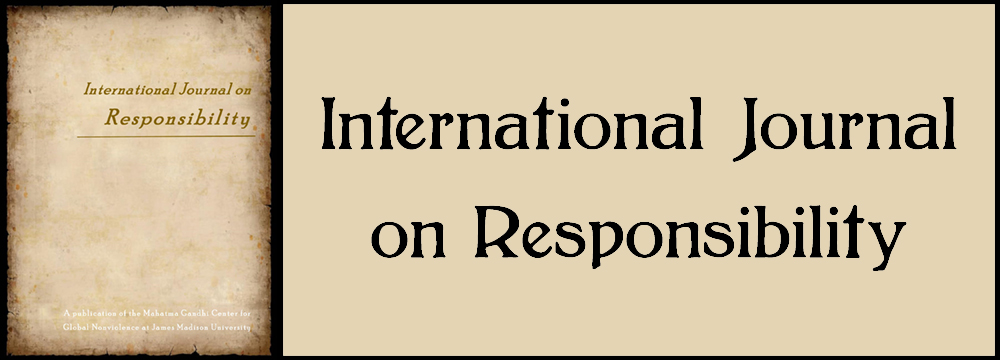
Abstract
Various factors like globalisation and conflicts in many countries have led to a dramatic increase of immigrants in Sweden. Since the year 2000, fewer seekers have arrived in other Nordic countries (Denmark, Finland, and Norway) compared to Sweden which has experienced a significantly higher number of asylum seekers. The number of asylum seekers in Sweden is highest after Germany in all of Europe. The influx of migrants has put significant pressure on the country’s social services. Civil society is an important institution is plays a major role in the successful integration of migrants in the labour market and society with the help of municipalities in Sweden. Thus it becomes crucial to study the role of civil society organisations with regards to growing immigration to Sweden. This paper will try to analyse what different methods are being adopted for the integration of immigrants in Sweden. The paper will also focus on the involvement of civil society organisations broadly in two activities. First, immediate help is being given to seekers who arrived at train stations, ferry terminals and transit accommodations. Second, the engagement of the civil society organisation in the facilitation of integration in the labour market and society.
Type of Issue
Special issue
Recommended Citation
Singh, Surabhi
(2022)
"Role of Civil Society Organisations in Sweden for the Immigrants,"
International Journal on Responsibility: Vol. 5:
Iss.
1, Article 9.
DOI: https://doi.org/10.62365/2576-0955.1061
Available at:
https://commons.lib.jmu.edu/ijr/vol5/iss1/9
DOI
10.62365/2576-0955.1061
Creative Commons License

This work is licensed under a Creative Commons Attribution-NonCommercial-No Derivative Works 4.0 International License.
Included in
Civic and Community Engagement Commons, Labor Relations Commons, Migration Studies Commons, Nonprofit Administration and Management Commons, Urban Studies and Planning Commons


